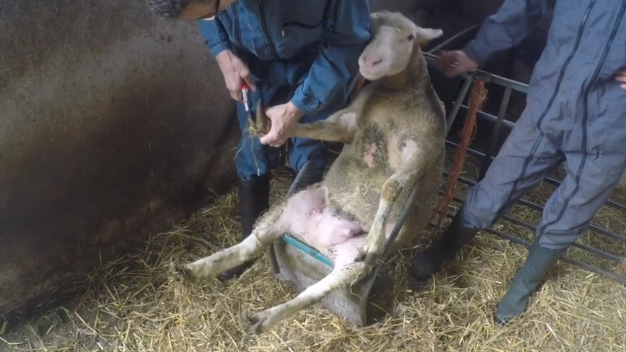Institutionalizing the main learnings of a pedagogical activity
Issue
Institutionalisation is usually the last step in a training process. While the transmissive approach positions the contribution of knowledge as the central or even unique process of the pedagogical approach, the constructivist approach in which we are involved situates it as the outcome of an experiential approach (through an investigation, a situation-problem, a debate, a professional situation analysis).Institutionalization aims for the trainer to recognize the learning achieved and assign it a new status of knowledge. In other words, the trainer highlights the key concepts involved that meet his teaching objectives. It also helps to assure the trainees that he or she has learned, and that his or her learning is recognized as such.
Objective
For the trainer : to clarify the main learning that raised up from the previous experiential approachFor the trainee: to be conscious about the knowledge learned from the previous experiential approach.

Principles
The trainer has two phases of institutionalization. The first concerns the knowledge related to animal welfare. The trainer may be asked to reposition himself or herself on the controversy map related to animal welfare. Has his position changed, or not, and in what way? The trainer may aim to provide an overview of the points of view and ethics expressed in order to allow the learner to take a step back on what was played out in the group.The second step concerns the knowledge related to the pedagogical process itself. This institutionalization depends, of course, on the initial intentions of the trainer. According to our Anicare approach, it seems important to review the following with the trainees:
- (1) The postures of the trainer which help or inhibit learning, the atmosphere that helps learning, the interest of anonymity. The trainer can focus on the different postures to be taken according to the pedagogical steps.
- (2) The socio-constructivist approach: the interest of asking for the conception of the learners, to make them exchange, how motivation increases during the discussion?
- (3) The situation-problem: how to elaborate an assignment? How to lead a situation-problem? How to use the Aniphi platform, its interest and limits? How to combine individual, group and plenary sessions?
- (4) The role of the learner. What did s/he do to enhance his/her own learning? Did s/he contribute enough to assist the whole group in learning? In which way should s/he change his/her behaviour to deepen the learning process next time?
Of course, the trainer knows or (should know) the objective sought, the knowledge to be developed. But situation-problems, debates, professional situation analyses in which the trainees have been involved, also enable learning that the teacher may not have considered. Failure to consider the learning that the trainee considers important may result in the trainee not being able to focus on what the trainer considers important. This is one of the reasons why pre-evaluation should be carried out before the training, putting questions like “what are you intending to learn?” Institutionalization is therefore the result of a compromise between the learning expected and the learning achieved by the trainees.
Institutionalization is part of a posture of impartiality. It would be both unethical and ineffective to take sides for or against a particular practice, technology, etc. On the contrary, it is a matter of highlighting the issues at stake in terms of animal welfare education and for the educator with regard to the context in which they find themselves.












